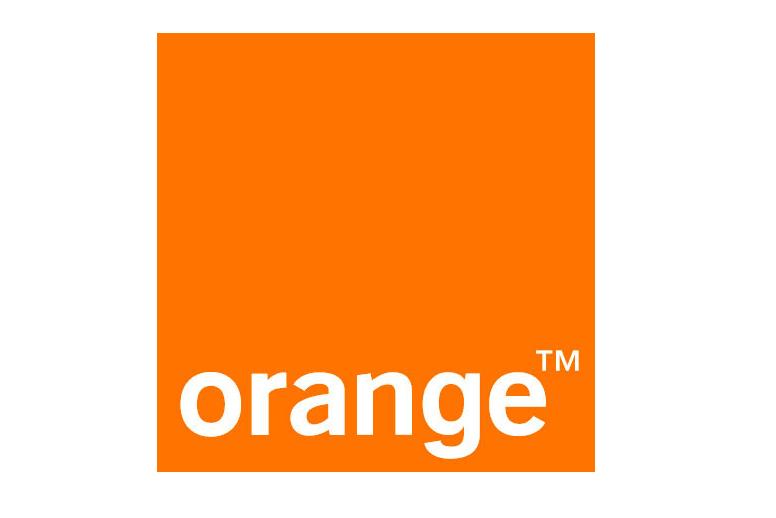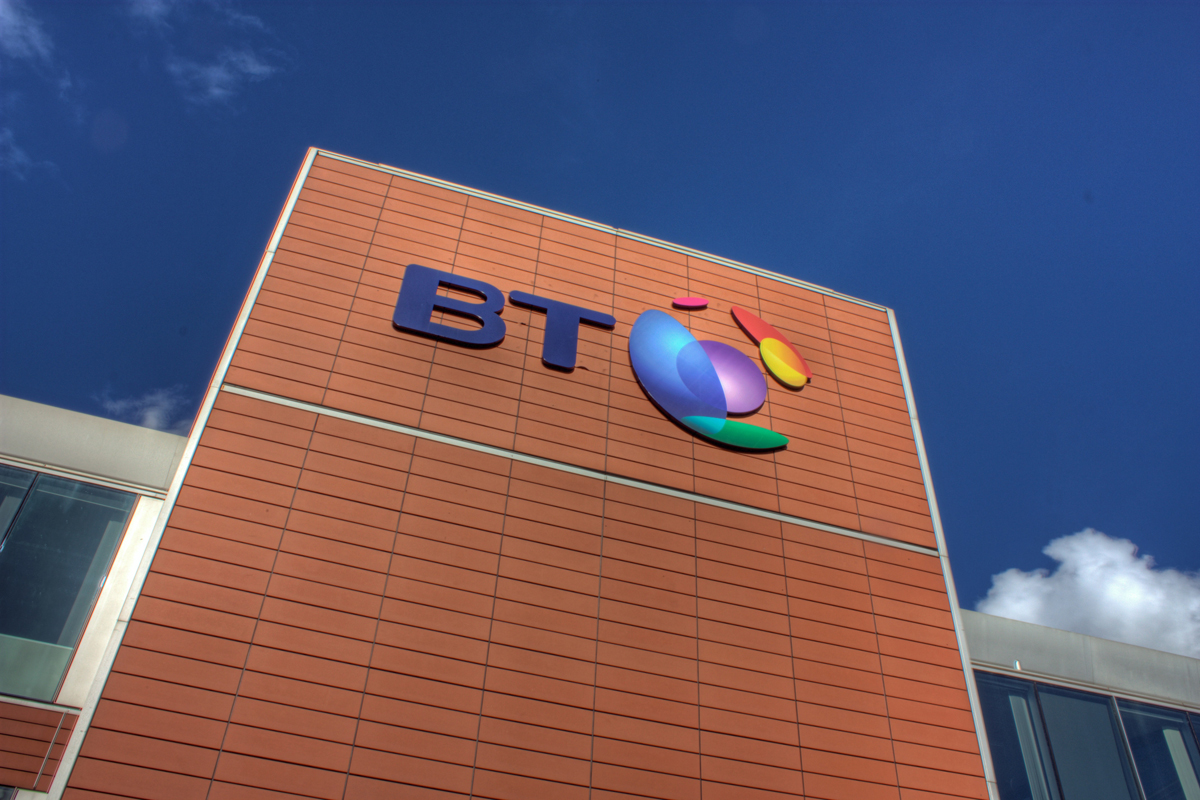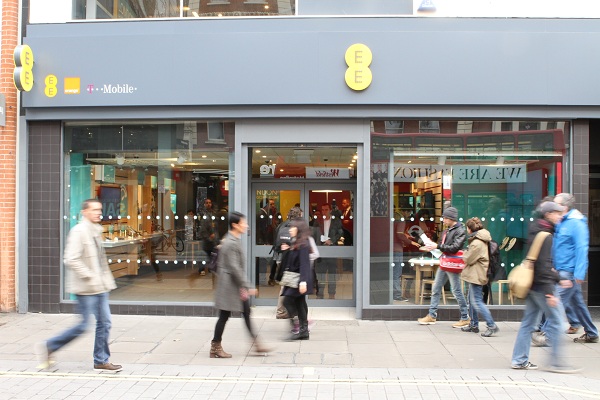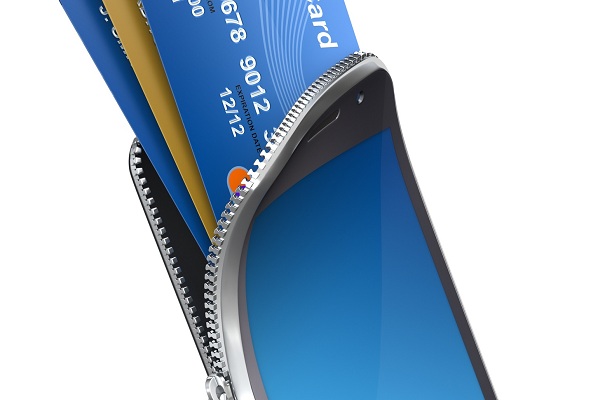Q&A: Orange's devices chief Francois Mahieu
Orange's director of devices lays out the company's strategy and explains how his firm is handling iPhone fever.


Mobility is big business, both for operators and corporates. But what's the catch and what should companies be doing - or avoiding - to ensure success? IT PRO spoke to Orange's director of devices to talk about the company's strategy and how enterprises can make mobility work for them.
The whole world seems to have been struck down with a serious case of iPhone fever since the 3G version arrived and starting offering something more tangible to businesses. How is Orange going to convert those wearing Apple-tinted glasses?
This is definitely a question we are getting asked a lot these days. To be honest, in the last five weeks we had our best ever trading weeks of the year. All over [the business] in July, we had a fantastic month.
The iPhone 3G effect has actually been good as it has dynamised the market. The second iPhone 3G effect is the fact that everyone in the industry does recognise that Apple has got a good product and to a degree it has shaken the industry up a little bit and [has perhaps created] designs that are more balanced.
For example, RIM's BlackBerry Bold. That product strikes a really good balance. If you try to write a text or an email you can do it twice as fast than on a touch screen device. The quality of the screen, the iconography of the desktop space really is a step ahead. We have already had a lot of interest in this product.
How has your business devices division evolved in recent years to take on new challengers like the iPhone?
We make quite a big distinction between corporate what we call MNC and small business. You see a very very clear and different pattern for both. Small businesses are absolutely following the consumer trends as they don't have the issue of fleet management. On that basis, devices like the Nokia N Series have been popular in small businesses and [perhaps not as popular] with corporate.
Get the ITPro daily newsletter
Sign up today and you will receive a free copy of our Future Focus 2025 report - the leading guidance on AI, cybersecurity and other IT challenges as per 700+ senior executives
There's also a budget element as well. And the fact that, in corporate, you have to manage different layers of employees. You know have this getting out of the boardroom' piece because cheaper handsets have been launched. We are seeing small and medium businesses and city and financial firms [interested] and considering Nokia devices like the E71 for example to be phenomenal products.
It's matching the issues around design and usability with popularity and the wow factor with the fact that it's still a device with Microsoft Exchange built in and good business features as well as a range of accessories that are future proof.
Companies aren't compromising on many of their requests and are still asking for long battery life and accessories that they can use for another two or three years. On that basis, companies are probably better off rolling out the Nokia E71 or BlackBerry Bold than a very expensive and fragile touch screen product like the iPhone.
Businesses are increasingly using mobile tech as a way of enhancing productivity and improving value. Does Orange practice what it preaches in terms of enterprise mobility?
Yes, absolutely. It's something for us that has become almost second nature. A very simple example would be the fact that we used to have offices all over London but we now have a smaller office in Paddington and shared desks. Many employees don't come into the office everyday as they use remote tools. We are using mobile technology ourselves on a day-to-day basis.
What are the common mistakes companies make when trying to execute mobile enterprise strategies and what advice would you give them?
There are very simple things companies should consider when mobilizing their workforce. First of all, they need to understand the different needs of their workforce as not everybody needs the same mobile phone to do the same thing. We are trying to have a range of products for different usage [patterns].
Businesses have a bunch of requirements so when our sales staff go and talk to corporate they're doing so with a full portfolio to address each individual's needs. We then talk about tools for IT managers. You can, for example, block passwords over the air or inform staff where they can return their device when it's broken. Once you do that front end development and back-end IT support you can ensure staff have good levels of security.
How important is research and development (R&D) to Orange generally and in meeting the challenges outlined above?
We try and invest two per cent of revenue on R&D. That is a very sizable chunk of money. Innovation is absolutely at the heart of everything we do. We have created a pool of competence called the techno centre' which transforms R&D into products and then they are commercialised.
Maggie has been a journalist since 1999, starting her career as an editorial assistant on then-weekly magazine Computing, before working her way up to senior reporter level. In 2006, just weeks before ITPro was launched, Maggie joined Dennis Publishing as a reporter. Having worked her way up to editor of ITPro, she was appointed group editor of CloudPro and ITPro in April 2012. She became the editorial director and took responsibility for ChannelPro, in 2016.
Her areas of particular interest, aside from cloud, include management and C-level issues, the business value of technology, green and environmental issues and careers to name but a few.
-
 AI is helping bad bots take over the internet
AI is helping bad bots take over the internetNews Automated bot traffic has surpassed human activity for the first time in a decade, according to Imperva
By Bobby Hellard
-
 Two years on from its Series B round, Hack the Box is targeting further growth
Two years on from its Series B round, Hack the Box is targeting further growthNews Hack the Box has grown significantly in the last two years, and it shows no signs of slowing down
By Ross Kelly
-
 BT agrees to buy EE for £12.5bn
BT agrees to buy EE for £12.5bnNews BT ends speculation about possible O2 acquisition by confirming plans to buy EE
By Rene Millman
-
 EE to close 78 UK retail stores
EE to close 78 UK retail storesNews Telecommunications giant to close 10 per cent of stores in areas that are home to several or more retail outlets.
By Caroline Donnelly
-
 Culture Secretary to hold 4G peace talks with telcos
Culture Secretary to hold 4G peace talks with telcosNews Minister hopes to break legal deadlock that threatens UK 4G rollout.
By Jane McCallion
-
 Everything Everywhere sign five-year NFC deal with MasterCard
Everything Everywhere sign five-year NFC deal with MasterCardNews Deal will make mobile payment technology available to 27 million Orange and T-Mobile customers.
By Rene Millman
-
 Sky Broadband blocks The Pirate Bay
Sky Broadband blocks The Pirate BayNews ISP enforces court order to cut access to torrent site for millions of subscribers.
By Rene Millman
-
 Everything Everywhere: UK PLC demands 4G
Everything Everywhere: UK PLC demands 4GNews Most business leaders think 4G is essential for UK competitiveness, research shows.
By Rene Millman
-
 Vodafone and O2 hit out at 4G consultations
Vodafone and O2 hit out at 4G consultationsNews Mobile operators take issue with Ofcom and brand talks “fundamentally flawed”.
By Rene Millman
-
 Freeview: TV viewers must not pay to fix 4G interference
Freeview: TV viewers must not pay to fix 4G interferenceNews Broadcaster calls on mobile operators to pay up for protecting television viewers from 4G interference.
By Rene Millman